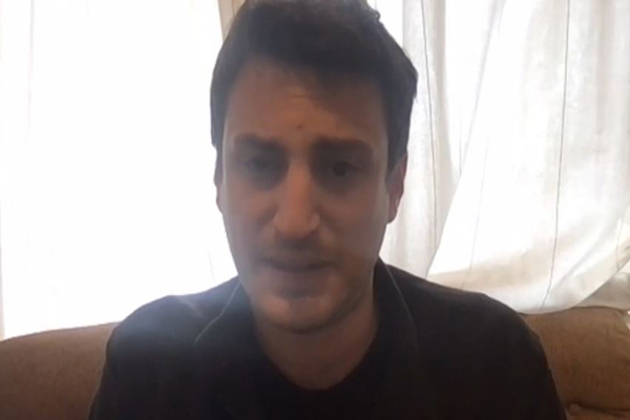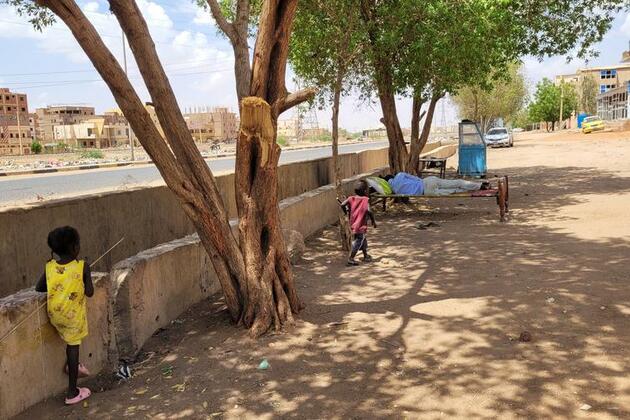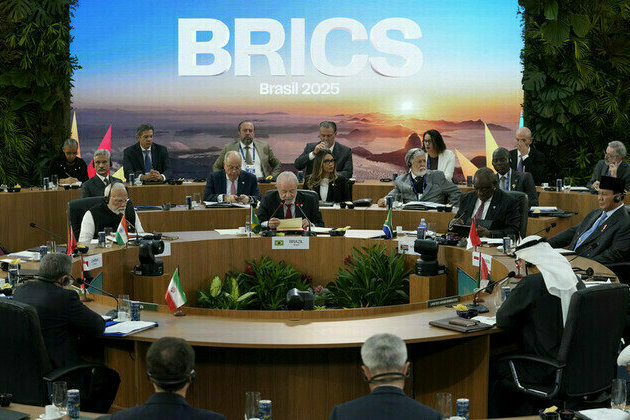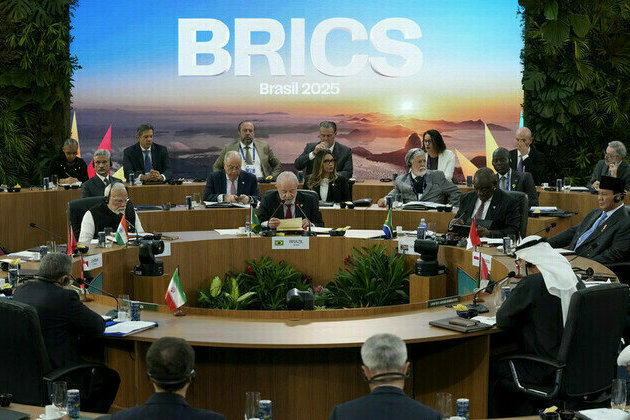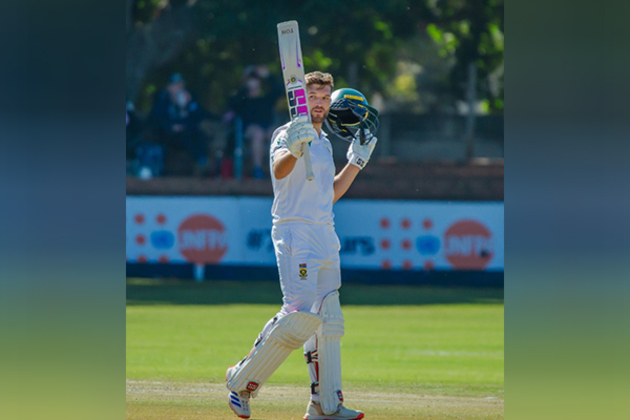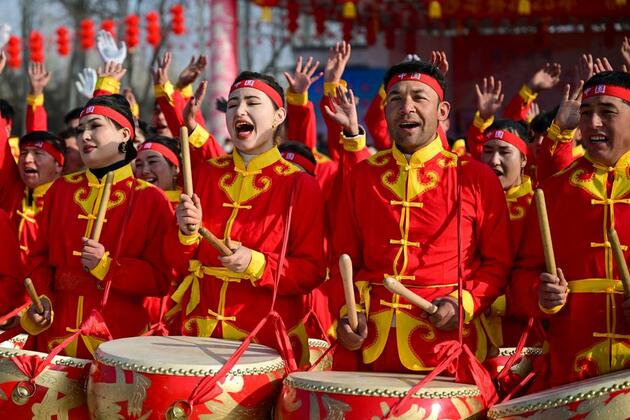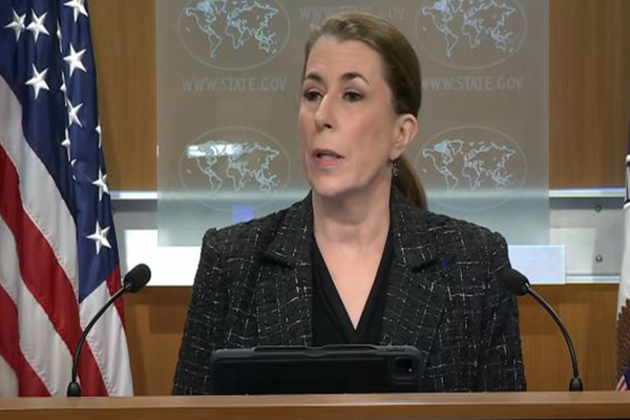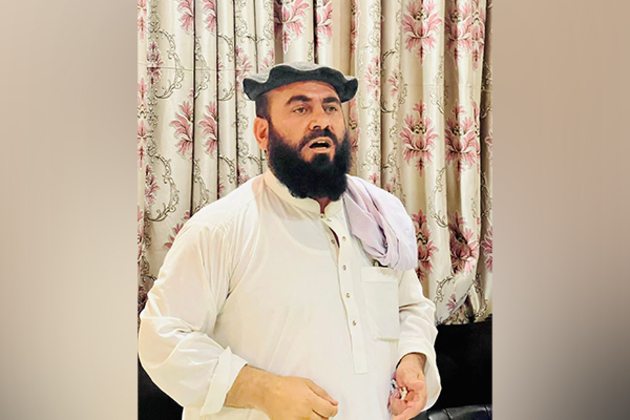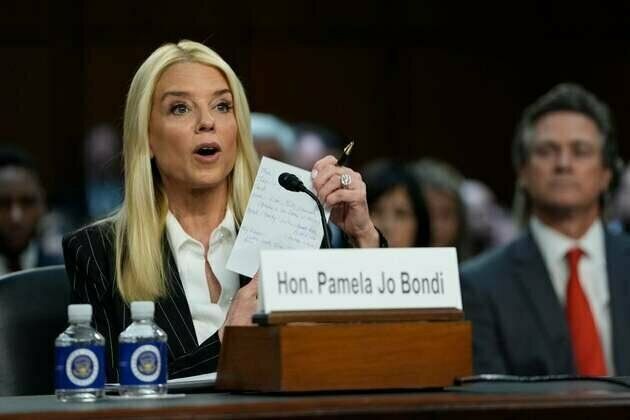The power of no: Simone Biles, Naomi Osaka and Black women's resistance
The Conversation
30 Jul 2021, 12:08 GMT+10
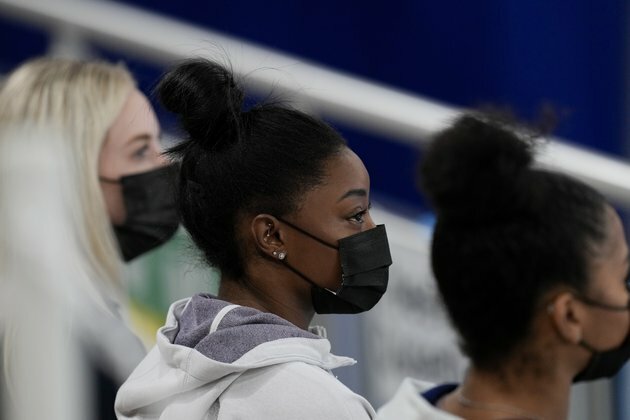
Simone Biles, the US gymnast widely considered "the greatest of all time", withdrew from the Olympic finals this week, saying:
Biles joins other Black women like Naomi Osaka and Meghan Markle who have chosen to forgo medals, trophies and royalty to prioritise their mental well-being.
In a recent Guardian article about "the rise of the great refusal" author Casey Gerald argued "Biles did not simply quit. She refused".
There is immense power in refusal. These women have awoken something in those of us who struggle to say "no" or who blindly serve institutions that do not have our best interest at heart. They challenge us to erect boundaries to protect our well-being.
Pressure to take on ever more work and ever more responsibility is familiar to many. But saying "no" can present unique difficulties for people from racially minoritised backgrounds.
Setting professional boundaries can be deeply challenging in the face of pressure, discrimination and adverse mental health impacts.
Pressure to take on ever more work
In academia, this pressure persists. Research by colleagues and I (Kathomi Gatwiri) shows academics from minoritised backgrounds continue to have radically different experiences to their colleagues. We argue that academics from minoritised backgrounds:
They are also exposed to more severe hostility and punishments through flawed tools of measuring performance such as Student Evaluations of Teaching if they choose not to perform this extra labour. This causes extended emotional overload for many teachers and can be especially damaging to their mental well-being.
Researchers have written about the pressure of Black tenure-track academics "to engage in service activities that are not expected of their White counterparts" such as doing extra mentoring and joining more committees:
However, just saying "no" does not always work to their best interest and can lead to institutional punishment, which can derail career progress.
Another paper which looked at how Black American women contend with the pressure to take on ever more responsibilities, noted "some women talked about the difficulty of saying no [...] yet others talked about the empowerment of saying no." One interviewee said:
In our own research on the pressures faced by Black African professionals in the workplace in Australia, participants reported feeling the workplace was a site of constant surveillance and scrutiny, where they were often assumed to be "out of place". This increases the burden of having to work "twice as hard" to prove themselves worthy, which can result in an inability to say "no" at work.
Read more: Battlegrounds: highly skilled Black African professionals on racial microaggressions at work
The power of 'no'
Simone Biles' decision to withdraw from the Olympics might, in retrospect, become one of her greatest achievement of all time. She has since received widespread support from those who view her decision as an incredibly powerful message for all who are burdened with societal pressures and expectations.
Black and Indigenous peoples have engaged in the power and politics of refusal and resistance for centuries - a refusal to lend their bodies, time, expertise and talent to institutions that are violent and abusive.
In ordinary, everyday lives however, people who exercise this kind of resistance might be ostracised. They may lack the necessary support to bolster their decision to "opt out" or just rest.
Biles' withdrawal came soon after three Black players on the England national football team were subjected to a torrent of extreme racial abuse after the team's loss at the recent Euro finals with Italy.
Many Black people reflected on social media they already knew that if they lost the game, the outcome would be racial abuse. And so the pressure to win, might be intensified by the fear of the resulting abuse if they lose.
Sport, pressure and abuse
People's discomfort with athletes expressing vulnerability or anything but toughness and strength can influence the athletes' complicity in their own harm.
Research by one of us (McPherson and colleagues) investigating the experiences of Australian children in elite sport showed more than 50% also reported negative experiences, including emotional and physical harm and sexual harassment. Emotional and physical abuse was enacted through racial vilification, humiliation, bullying, being shouted or sworn at, have things thrown at them or being told they were worthless or weak.
Read more: Racial abuse is rife in junior sports - and little is being done to address it
Other research has identified how various minoritised subpopulations of elite athletes, including those with disabilities or from racially minoritised backgrounds, may be more vulnerable to harm in sport.
The liberation of 'no'
Biles' refusal to compete citing mental health has resonated widely.
Many struggle to say "no" for a variety of reasons including fear of rejection, a feeling that saying "yes" is the safest option or feeling they will be construed as "rebellious" or "difficult" if they say "no". Fear of disappointing others or feeling their reason for saying "no" is "not good enough" also plays a part.
Biles, Osaka and others may serve as inspiration. Practising the liberation of turning down invites, relationships, extra work and high pressure is part of maintaining good mental health.
Authors: Kathomi Gatwiri - Senior lecturer, Southern Cross University | Lynne McPherson - Associate Professor, Southern Cross University 
 Share
Share
 Tweet
Tweet
 Share
Share
 Flip
Flip
 Email
Email
Watch latest videos
Subscribe and Follow
Get a daily dose of Kenya Star news through our daily email, its complimentary and keeps you fully up to date with world and business news as well.
News RELEASES
Publish news of your business, community or sports group, personnel appointments, major event and more by submitting a news release to Kenya Star.
More InformationAfrica
Section"Very bad sign of things escalating in Canada, Carney's first major test on security": Canadian journalist on Kap's Cafe attack
Vancouver [Canada], July 11 (ANI): Canadian journalist Daniel Bordman called the attack on a cafe owned by comedian Kapil Sharma a...
A glimpse into Sudanese life amid scorching summer heat
KHARTOUM, July 10 (Xinhua) -- It was 2 p.m. in a displacement camp on the outskirts of Port Sudan, where the relentless sun had already...
BRICS in Rio: From Global South to global power
The 17th BRICS summit was more than a photo op. It was a coordinated rejection of Western power and a declaration of intent A few...
What just happened in Rio should terrify the West
The 17th BRICS summit was more than a photo op. It was a coordinated rejection of Western power and a declaration of intent A few...
"Brian Lara told me that I should have tried to break record": Wiaan Mulder reflects
New Delhi [India], July 11 (ANI): South African all-rounder Wiaan Mulder has revealed that legendary West Indies batter Brian Lara...
International journalists explore development of China's Xinjiang
URUMQI, July 10 (Xinhua) -- A total of 24 journalists from 23 countries have participated in a media tour of northwest China's Xinjiang...
World
SectionUS debt limit raised, but spending bill fuels fiscal concerns
NEW YORK CITY, New York: With just weeks to spare before a potential government default, U.S. lawmakers passed a sweeping tax and spending...
"Do not travel to Iran": US State Department warns Americans of travel risks
Washington, DC [US], July 11 (ANI): The US State Department has announced a new awareness campaign warning Americans, particularly...
Pakistan: ANP leader, police personnel shot dead in Khyber Pakhtunkhwa
Khyber Pakhtunkhwa [Pakistan], July 11 (ANI): Awami National Party (ANP) leader Maulana Khan Zeb and a police personnel were shot dead...
DOJ sues California over trans athlete participation
(Photo credit: Jack Gruber / USA TODAY NETWORK / USA TODAY NETWORK via Imagn Images) The Department of Justice followed through on...
"Very bad sign of things escalating in Canada, Carney's first major test on security": Canadian journalist on Kap's Cafe attack
Vancouver [Canada], July 11 (ANI): Canadian journalist Daniel Bordman called the attack on a cafe owned by comedian Kapil Sharma a...
Trump to send $300 million worth of weapons to Ukraine Reuters
The package could reportedly include Patriot air defense missiles US President Donald Trump will for the first time use his authority...

